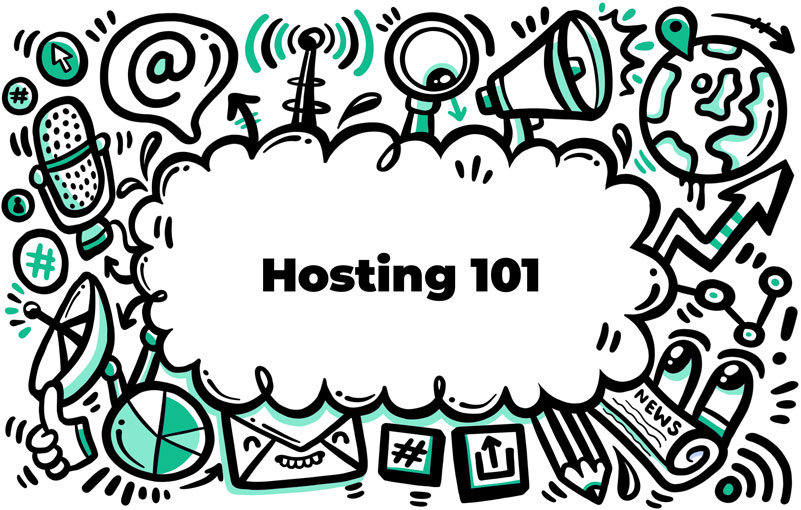The Importance of Domain Names for Small Businesses
When it comes to establishing an online presence, choosing the right domain name is a crucial step for small business owners. Your domain name is the unique address that represents your business on the internet. It helps customers find you easily and contributes to your brand’s image. This guide will explore the basics of domain names and the Domain Name System (DNS), helping you make informed decisions for your business’s online presence.
Breaking Down Domain Names and DNS
Before we delve deeper into domain names, let’s first understand the role of DNS. The Domain Name System is the internet’s phonebook, translating human-friendly domain names (e.g., yourbusiness.co.uk) into machine-readable IP addresses (e.g., 192.168.0.1). DNS ensures that when a user enters your domain name into their browser, they are directed to the correct web server hosting your website.
A domain name typically consists of three parts:
- Top-Level Domain (TLD): This is the rightmost part, such as .com, .co.uk, or .org.
- Second-Level Domain (SLD): This is the central part of the domain name, which represents your unique brand, e.g., yourbusiness.
- Subdomain: This is the optional leftmost part used to create separate sections of a website, e.g., blog.yourbusiness.co.uk.
Choosing the right TLD and SLD is essential for branding and discoverability, as they can affect how users perceive your business and how search engines rank your website.
Tips for Choosing the Perfect Domain Name
To make the most of your domain name and DNS, consider the following tips when selecting your domain:
- Keep it short and memorable: A concise domain name is easier for users to remember and less prone to typos. Aim for a maximum of 2-3 words that represent your brand.
- Use keywords: Including relevant keywords can improve your website’s search engine ranking, making it easier for potential customers to find you online.
- Make it easy to spell and pronounce: Avoid using slang, numbers, or hyphens, as they can be confusing and difficult to communicate verbally.
- Choose the appropriate TLD: While .com is the most popular TLD, consider using a local TLD like .co.uk if your business primarily targets UK customers.
- Check for availability: Ensure your desired domain name is available for registration and does not infringe on any existing trademarks.
Understanding the basics of domain names and DNS will help you make informed decisions when establishing your small business’s online presence. With the right domain name, your website will be easier to find, improving your brand’s visibility and credibility.



